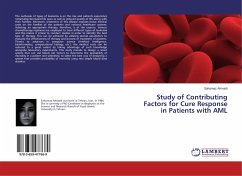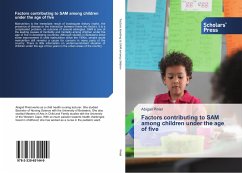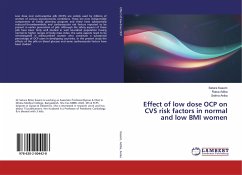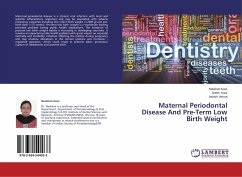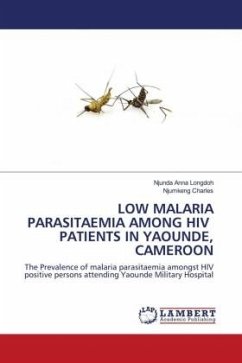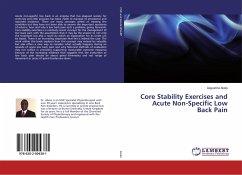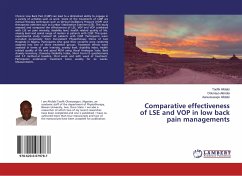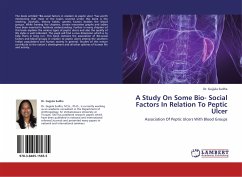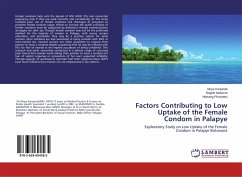
Factors Contributing to Low Uptake of the Female Condom in Palapye
Exploratory Study on Low Uptake of the Female Condom in Palapye Botswana
Versandkostenfrei!
Versandfertig in 6-10 Tagen
24,99 €
inkl. MwSt.

PAYBACK Punkte
12 °P sammeln!
Female condoms help curb the spread of HIV/ AIDS/ STIs and unwanted pregnancy only if they are used correctly and consistently. As this study revealed poor use of female condoms and shortages of programs to promote female condom usage, efforts to increase the public provision of female condoms must be supported by behaviour change communication strategies for safer sex. Though female condom may not be the preferred method for the majority of women in Palapye, with access, proper education, and promotion they may be a precious option for some women. Since condoms are also associated in many con...
Female condoms help curb the spread of HIV/ AIDS/ STIs and unwanted pregnancy only if they are used correctly and consistently. As this study revealed poor use of female condoms and shortages of programs to promote female condom usage, efforts to increase the public provision of female condoms must be supported by behaviour change communication strategies for safer sex. Though female condom may not be the preferred method for the majority of women in Palapye, with access, proper education, and promotion they may be a precious option for some women. Since condoms are also associated in many contexts with illicit or extra-marital sex, married women are often powerless to request their partner to wear a condom despite suspecting that he may be infected with HIV, for fear of reprisal at the implied accusation of being unfaithful. This research and other researches conducted in a diverse range of countries have found that women avoid asking their partner to wear a condom for fear of violent response or accusations of her own suspected infidelity. Though,majority of participants reported that their religion/culture didn't have much influence but women are not empowered in sex matters.



